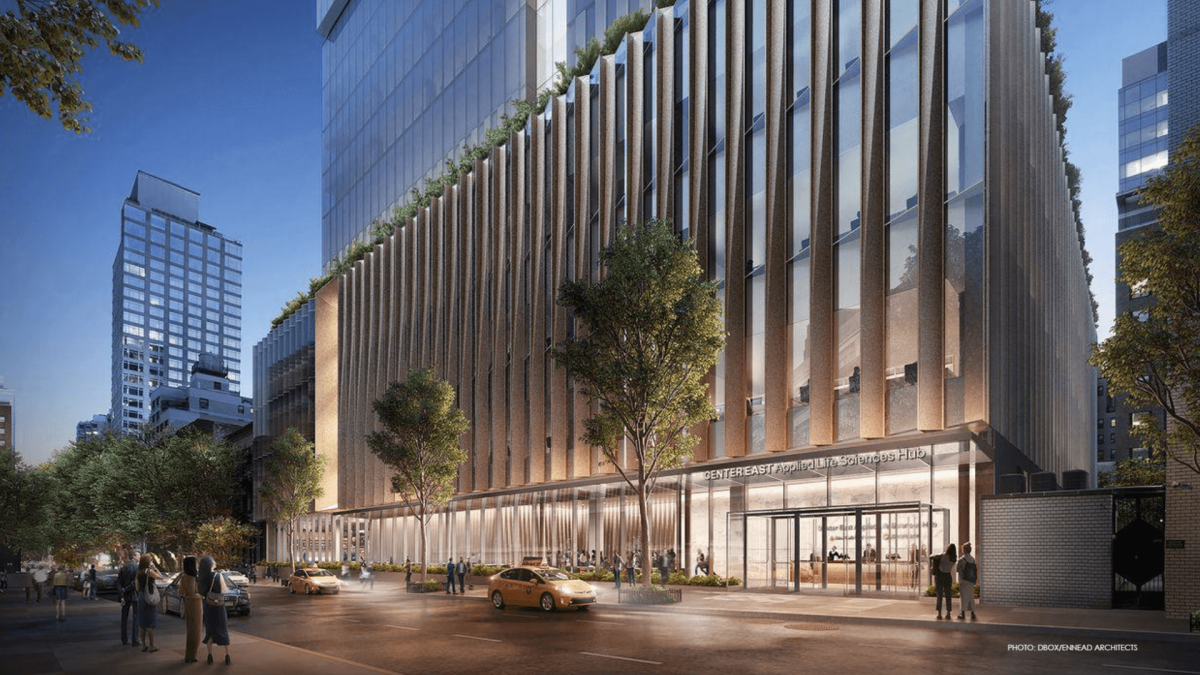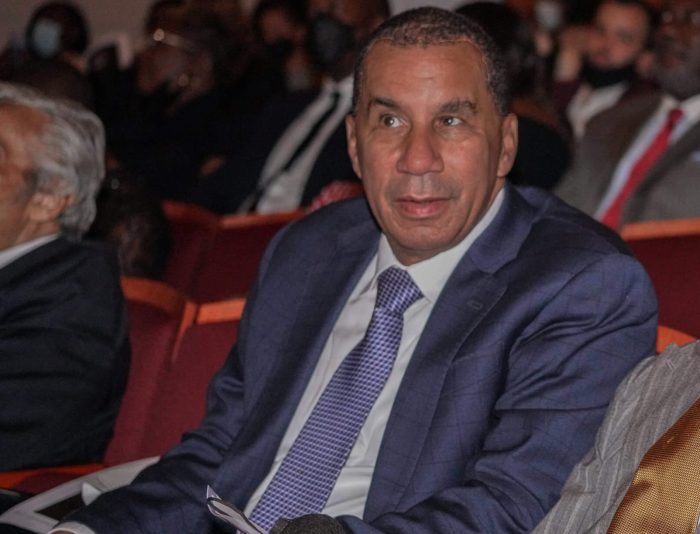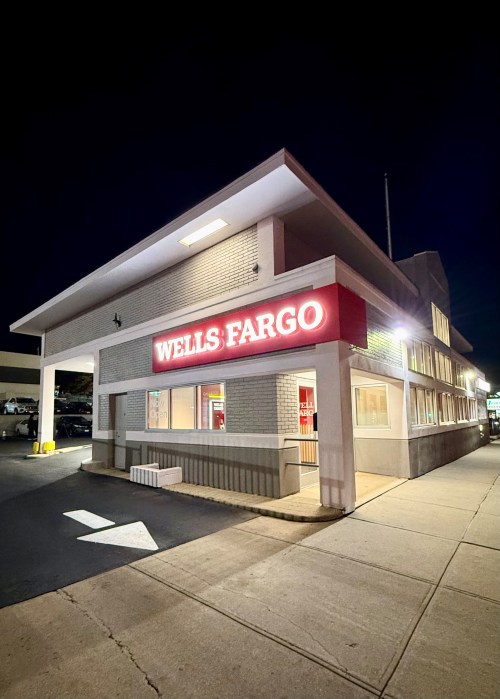Mayor Bill de Blasio brushed aside criticisms of the expansion of the New York City Blood Center in Manhattan, arguing the rezoning project carried more benefits than potential drawbacks.
The project on East 67th Street is set to be approved despite the protests of area Councilmember Ben Kallos and local residents, who argue that the large tower it will allow for will block sunlight on the residential block and a nearby school and park — and set a dangerous precedent for future land use projects.
“I respect those who have real concerns but I just disagree given what’s at stake here,” Hizzoner said during his Nov. 22 press briefing. “We rely on them to make sure there is a supply of blood to save lives in this city. They have to be strong for the future, they have to be sustainable.”
The rezoning would allow for the Blood Center to build a 34-story tower on the site of their current headquarters — a 90-year-old dilapidated three-story building that formerly housed a trade school. The building would house the Blood Center and a number of for-profit life sciences companies that would pay rent to the nonprofit center.
Residents of the posh uptown enclave have argued the large sun-blocking tower is unnecessary, and that the center could expand significantly within the current zoning, considering that the center will only inhabit one-third of the proposed tower with two-thirds of the space going to tenants.
Kallos, for his part, has argued that the project being approved despite his opposition presents a dangerous precedent for the practice of “member deference,” in which most members vote for the will of pol whose district is most affected by a given land use change.
“Member deference gives the local member the ability to represent those interests with the weight of the full Council behind them and find a win-win,” Kallos wrote in a Daily News opinion piece. “In this case, pro real estate interests wanted to send a message to the next Council that they no longer have the power to negotiate on behalf of their constituents.”
On Monday, de Blasio dismissed the concerns of critics and doubled down on the importance of the Blood Center, which oversees blood distribution across New York City and its suburbs, and of the life sciences industry.
“The blood center has to be sustainable here, the whole package allows them sustainability, physically, financially, otherwise,” he said. “Given what’s at stake here, it is the right thing to do.”
The mayor has received criticism for pushing the project while maintaining ties to firms involved with it, including the Kramer Levin Law firm who are representing the Blood Center in their rezoning effort and who de Blasio owes over $400,000 to. The center is also represented by the public relations firm BerlinRosen, headed by Jonathan Rosen, who has been a close advisor to the mayor, according to the New York Post.


































